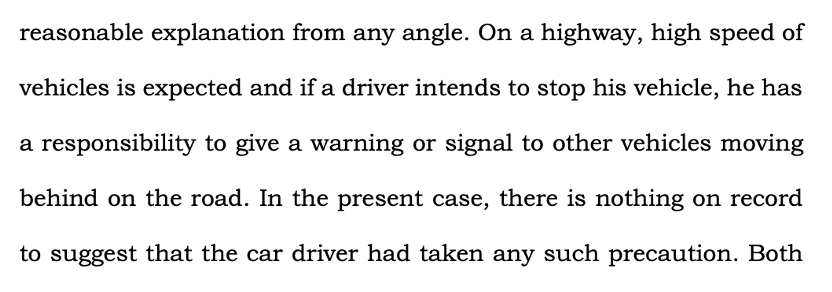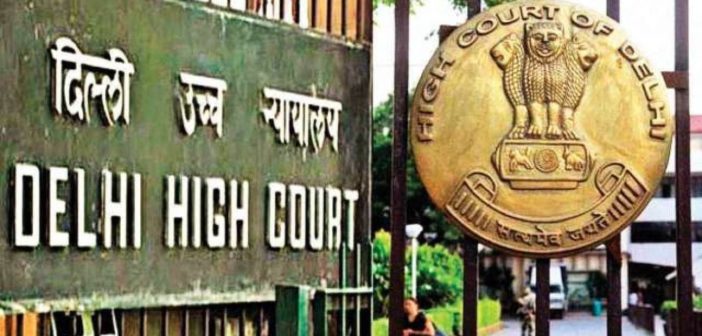In this edition of court judgements review, we look into Delhi HC’s orders that the wife need not give the exact date of abuse to prove domestic violence, that parents are not ‘strangers’ after the daughter’s marriage, Allahabad HC’s order allowing a 17-year-old rape survivor to terminate 31-week pregnancy despite health risks, among others.
Delhi HC: Wife need not give exact date of abuse to prove domestic violence
In X vs. State & Another, the Delhi High Court held that a woman’s domestic violence claim cannot be dismissed just because she couldn’t remember the exact dates of abuse. Justice Amit Mahajan restored the Magistrate’s 2018 order granting ₹4,000 per month each to the petitioner and her minor child, which had been set aside by the Additional Sessions Judge (ASJ) in 2019.
The woman alleged dowry demands, beatings, and being thrown out of her matrimonial home in 2012. The Magistrate had ruled that even though physical cruelty wasn’t proven, the husband’s failure to provide financial support amounted to “economic abuse” under Section 3 of the Domestic Violence (DV) Act. The ASJ disagreed, citing a lack of specific incidents or witnesses, and claimed she left on her own.
The High Court noted that the DV Act includes economic abuse, and the husband’s failure to offer maintenance or explain why she left supported her case. It emphasised that the absence of exact dates does not make allegations false. The husband admitted to receiving a motorcycle and other valuables from her family. Finding his claimed income vague, the Court upheld its assessment at ₹20,000/month and ruled ₹4,000 each for the wife and child as reasonable.
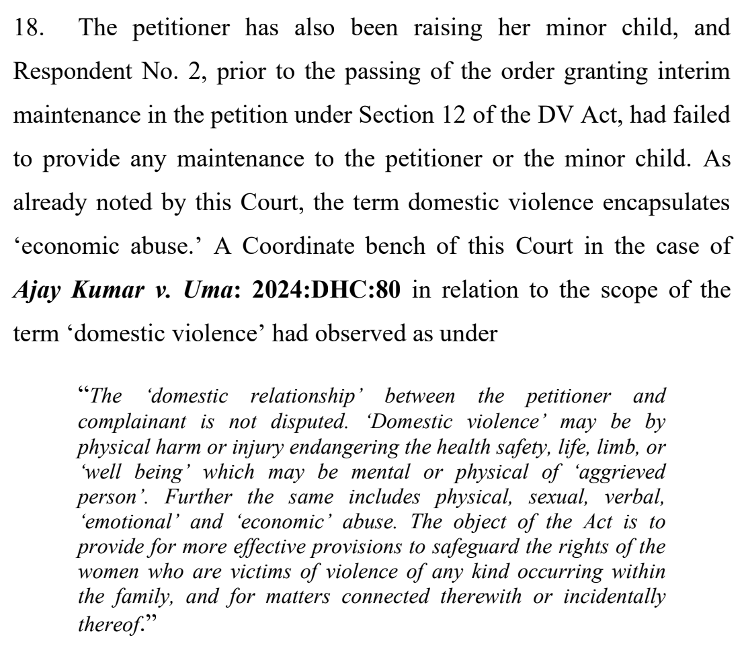
Delhi HC: Parents are not ‘strangers’ after daughter’s marriage, denies bail in dowry suicide case
In Ajay Kumar vs. State of NCT of Delhi, the Delhi High Court denied bail to a man accused of abetting his 18-year-old wife Mohini’s suicide, less than a year after marriage. Justice Swarana Kanta Sharma noted that the woman’s parents, who alleged dowry harassment, remain valid witnesses despite living in another city.
Mohini died by hanging on 6 February 2024. A day prior, she had video-called her father, visibly distressed and fighting with Ajay over demands for a motorcycle and a gold chain. The husband’s counsel claimed the allegations were vague, Mohini had prior suicidal tendencies, and the parents were too distant to know the marital situation.
The Court rejected these arguments, emphasising that in Indian society, parents remain emotionally and digitally connected with daughters after marriage. It highlighted the proximity of the abuse to the death, corroborated the testimonies of both parents, and medical evidence showing Mohini was three months pregnant. It dismissed character attacks and noted that no prior complaints were filed by the husband.
Given the seriousness of the offence, potential life imprisonment, and witness support for the prosecution, the Court denied bail. The application was dismissed.
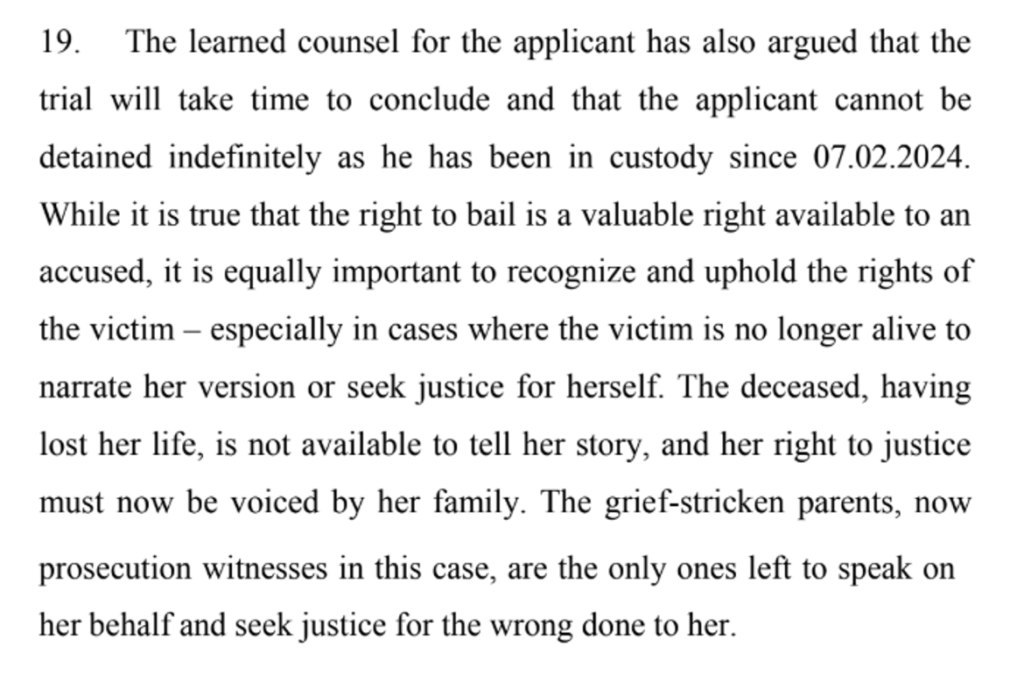
Allahabad HC: 17-year-old rape survivor allowed to terminate 31-week pregnancy despite health risks
In AB (2025) through her father vs. State of Uttar Pradesh & Others, the Allahabad High Court allowed a 17.5-year-old rape survivor to terminate a 31-week pregnancy, prioritising her reproductive autonomy under Article 21 of the Constitution.
The petitioner, represented by her father, sought termination of pregnancy resulting from rape (FIR No. 80/2025). A medical board warned that abortion at this stage could endanger both mother and fetus. Despite this, after court-ordered counselling by a psychiatrist and clinical psychologist, the girl and her parents firmly insisted on termination due to social stigma, trauma, and economic hardship.
Justices Manoj Kumar Gupta and Ram Manohar Narayan Mishra cited Supreme Court precedents emphasising that a woman’s right to bodily autonomy, especially in cases of rape, cannot be denied merely because gestation exceeds 24 weeks. The Court noted that the medical board failed to assess the psychological impact on the survivor.
The Court directed S.N. Medical College, Agra, to carry out the procedure promptly. The State will bear all expenses, and confidentiality must be maintained. The aborted fetus will be preserved for forensic purposes. The writ petition was allowed.
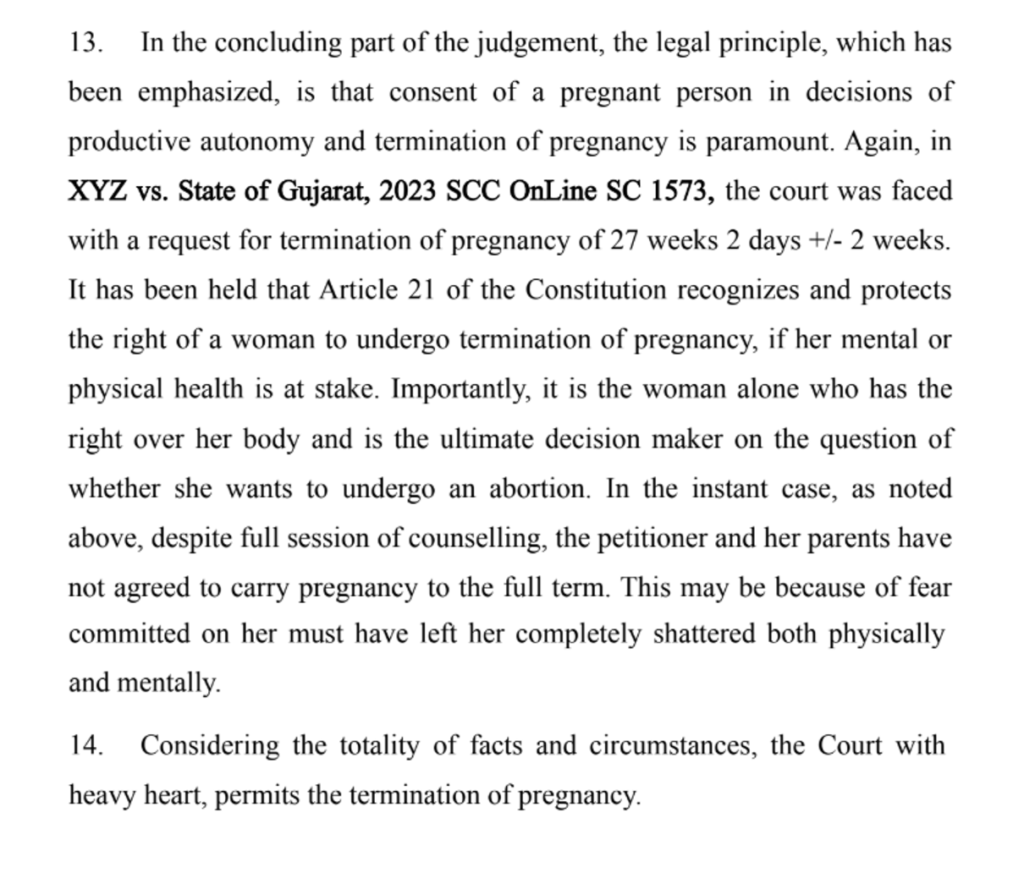
Himachal Pradesh HC: Caste Doesn’t Change After Marriage, Rules High Court
The case, State of Himachal Pradesh vs. Sarojioni, concerned the discharge of an accused under the SC & ST (Prevention of Atrocities) Act. The State filed a revision petition after the Special Judge held that Sarojioni, a forward caste woman, became a member of a Scheduled Caste by marrying into it and thus could not be prosecuted under Section 3(1)(s) of the Act.
The petitioner argued that caste is assigned at birth and does not change through marriage, citing key Supreme Court and High Court precedents like Valsamma Paul vs. Cochin University and Rajendra Shrivastava vs. State of Maharashtra. They asserted that allowing otherwise would defeat the very purpose of caste-based protections. The respondent’s counsel conceded that the Trial Court erred in interpreting the law.
The Himachal Pradesh High Court bench of Justice Rakesh Kainthla set aside the lower court’s ruling. It held that marriage does not alter a person’s caste, reaffirming that only those born into Scheduled Castes are entitled to protections or liabilities under the Act. Thus, the Court ruled the discharge was incorrect and remitted the matter to the Trial Court for a fresh decision on framing charges.
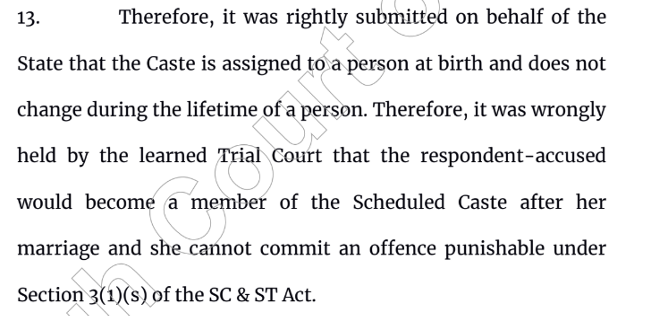
SC: Drivers Must Signal Before Stopping on Highway – ₹91 Lakh Awarded to Engineering Student Who Lost Leg
In S. Mohammed Hakkim vs. National Insurance Co. Ltd. & Ors., the Supreme Court restored a higher compensation to a 20-year-old engineering student who lost his leg in a 2017 highway accident.
While riding his motorcycle, Hakkim crashed into a car that had suddenly braked without warning. He fell onto the road and was run over by a bus. The bus and the car were both insured by separate parties.
Earlier, the Madras High Court had reduced his compensation from ₹73,29,653 (73.29 lakh) to ₹58,53,447 (₹58.53 lakh) and held him 30% responsible for the accident. The Supreme Court overturned this, holding the car driver 50% liable, the bus driver 30%, and the appellant only 20% contributorily negligent.
The Court raised his notional monthly income to ₹20,000, citing his future as an engineering student. It also restored ₹18 lakh as attendant charges and increased compensation for loss of marital prospects to ₹5 lakh. The total compensation was fixed at ₹1,14,24,066 (₹1.14 crore), with ₹91,39,253 (₹91.39 lakh) payable after deducting for contributory negligence, along with 7.5% annual interest.
The insurers were directed to pay within four weeks.
